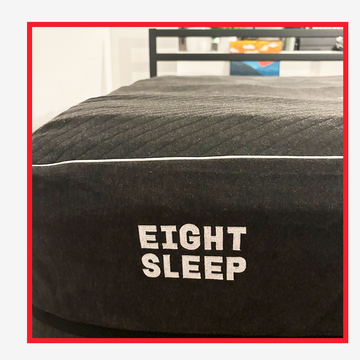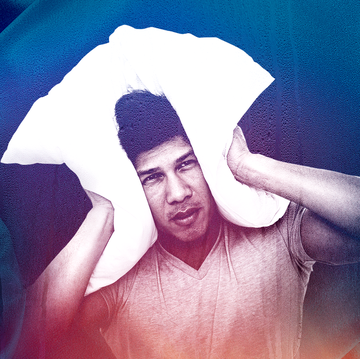Mondays are the day when you should feel most alert and energized. After all, you just had two days of no work and all play and relaxation.
So why do you feel tired and sluggish come Monday morning? Blame a phenomenon called social jet lag, says Shelby Freedman Harris, Psy.D., Director of the Behavioral Sleep Medicine Program at the Montefiore Medical Center in Bronx, New York. It occurs when you've diverted from your normal sleep schedule for more than one day, she says.
Going off script by just an hour or two messes with your internal chronometer (a.k.a. your body clock). When it's out of whack, your body doesn't understand when it should be awake and when it should be resting, says Freedman Harris.
But social jet lag doesn't mean you can't have a social life on the weekends. Show Monday who's boss with these energy boosters.
1. Set your alarm.
Go ahead and stay out late on Saturday night—just don't snooze until noon on Sunday. Sleeping in can make it harder to fall asleep at night, making you even more tired on Monday.
Instead, set your alarm as close as possible to the time you'd wake up on a workday, and then log some couch time or grab a nap before 2 p.m, recommends Freedman Harris.
"While a quick snooze in the early afternoon won't make up for the sleep you missed, it'll help you feel more refreshed and won't interfere with your normal bedtime," she says.
2. Let in the light.
When your alarm buzzes on Monday morning, open your blinds. Natural light provides a boost to your circadian rhythms which are known to regulate your metabolism, hunger, and energy levels, according to a study from Northwestern University's Feinberg School of Medicine.
"The longer you are in the light and the stronger the rays, the better your results," says co-lead author Giovanni Santostasi, Ph.D., who recommends catching at least 20 to 30 minutes of the sun's rays. Bring your morning coffee outside or read the newspaper by a large window.
3. Move it.
Light exercise can make you feel more awake and increase feelings of well being, according to Hungarian researchers.
You don't even need to break a sweat: Performing stretches like neck rolls, arm swings, and shoulder rolls for just three minutes can have an affect, reports the study.
Tomorrow morning, get up and move for a few minutes before you hit the shower.
4. Stay positive.
As you fall asleep on Sunday night, your mind may wander to upcoming work deadlines or an important meeting with your boss. That's a recipe for disaster come Monday.
British researchers found that thinking about negative things before bed can increase the amount of cortisol—a hormone released when you're stressed—coursing through your body when you wake up.
Cortisol is inflammation's best friend, which can zap your energy and make you sick. Keep your thoughts positive as you drift off to dreamland.













